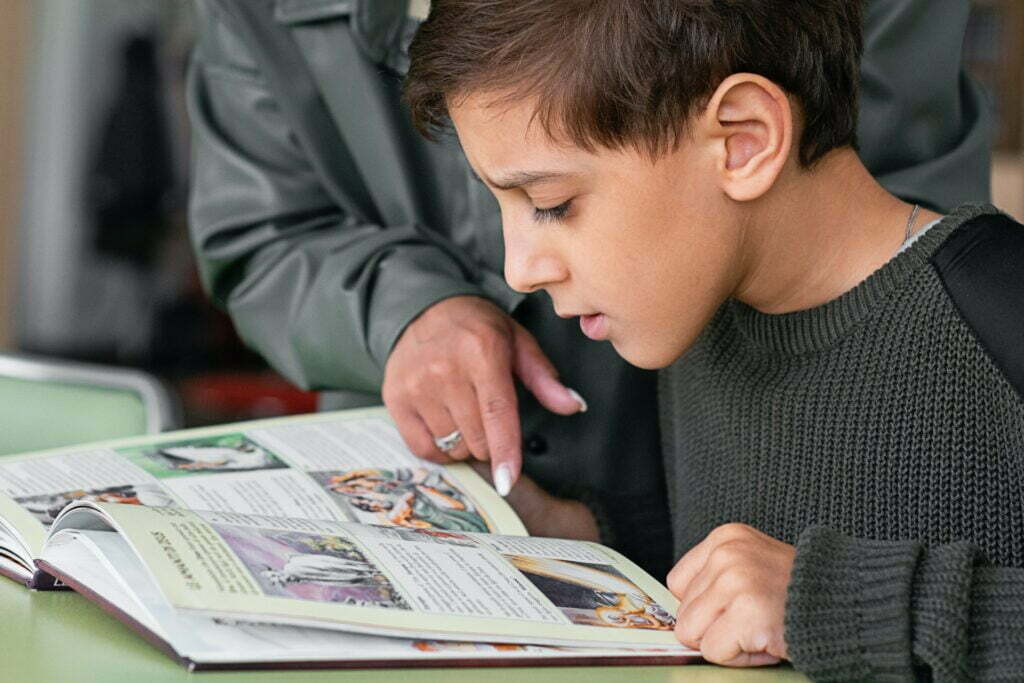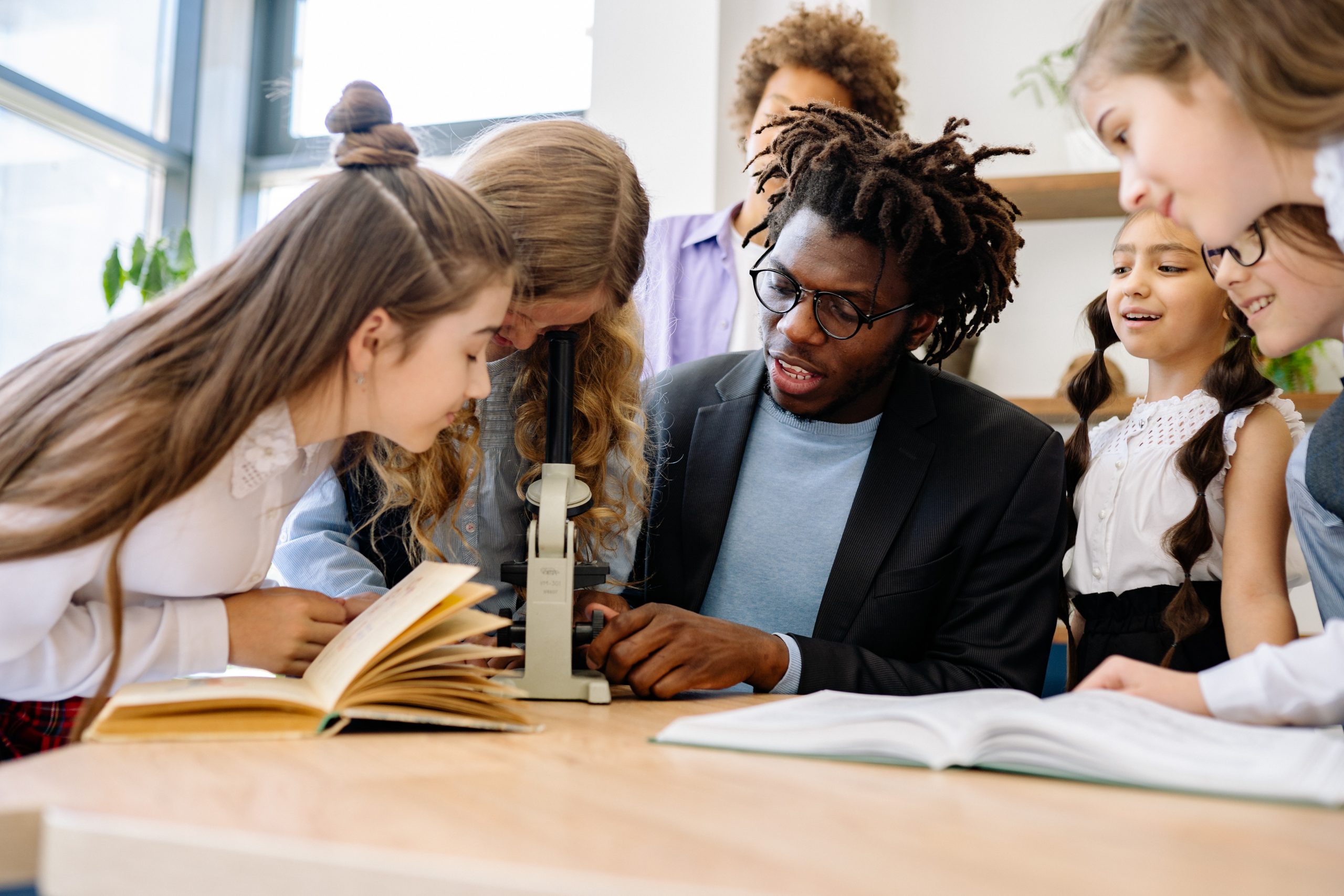Accommodations are for students with neurological disorders. This assumption could not be more wrong.

It is high time we start to clear up some misconceptions about accommodations in our schools. Everyone needs accommodations.
Everyone is different. And everyone has different needs and challenges.
I have now been teaching for well over 16 years. I never met 2 students whose needs in the classroom were exactly the same.
This included my neurodiverse students.
Much of our pedagogical practice is based on the idea, that all students are alike.
We assume, that there is a way to create one-size-fits-all learning environments. And that all students respond to these environments equally well.
But it is a myth, that we are all the same. There is no better way to illustrate this than the following TED talk, by then 10-year old Cole Blakeway.
Our assumption is also that students who need accommodations are not “normal”. We still describe neurodiversity as “disorders”
Neurodiversities Are Not Disorders
This is an important misconception to clear up. Neurodiversity is not a disorder. The word disorder signifies, that the brain is not in order. Not following our arbitrary norm. As if it is a sickness.
Or, as if there is something called an orderly brain. If there is, I haven’t encountered it yet.
The neurodiverse brain works differently. My experience tells me that all brains do. Also neurotypical ones.
Yes, there are some accommodations that work well for neurodiverse students. But not all work as well for each individual.
What we need is much more focus on the individual students and their needs in the classroom.
We All Need Accommodations
During the last year or so, I have been through a turbulent period in my life. I ended up on a self-improvement journey, which is not over yet. Along the way, I made some interesting discoveries about myself, which shifted the way I teach.
What I discovered was, that I need lots of accommodations to stay productive. And so do my colleagues and friends.
But not everyone likes to admit it.
I can give an example. I found that it is very hard for me to stay productive for much more than half an hour at a time without needing a break.
It does not mean I cannot work longer. But the QUALITY of my work decreases significantly when I work for longer without breaks.
There is no reason to assume, that it is much different for my students. When I tested this out in the classroom, I found this to be true.
I let them work in shorter blocks and put in some more short breaks. Their productivity actually increased.
That was also the case for students who are neurotypical. So there is a good reason, why our lessons are about 45 minutes in length after all.
Any Accommodations that Improve Learning and Productivity Are Legitimate
It is time we start to be a little more honest when we talk about accommodations. It is not only beneficial to make accommodations for students with ADHD or Autism.
All students need some accommodations in some form or another. We should start to acknowledge this much more.
It is important we allow some room in the classroom for finding the right ways to improve student success.
Accommodations can take many forms.
- Some students are incredibly productive when they do schoolwork while listening to music.
- Others students need accommodations in their physical surroundings to concentrate better.
- Some might need stronger external cues, like timers to stay on track.
- A few students improve cognitively, when they doodle.
- For some, it might be beneficial to sit close to the teacher.
Whatever works is legitimate in the classroom. We should let go of the idea that all students are the same and learn in exactly the same way.
It is not difficult to be more inclusive in our classrooms.
This is also the essence of the Universal Design for Learning approach.
But it always starts with a mindshift among us educators.
How do you practice inclusiveness in your classroom?




